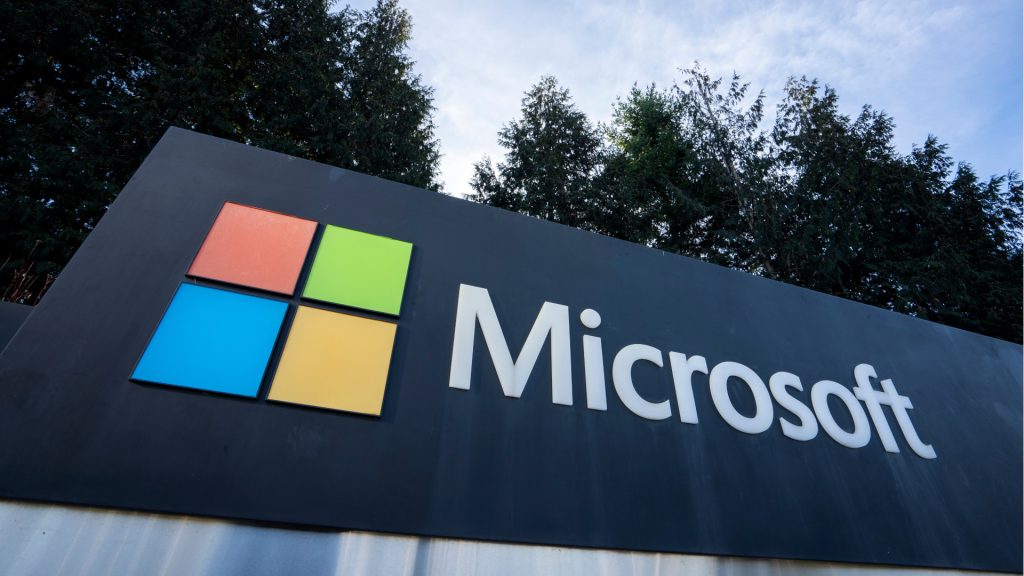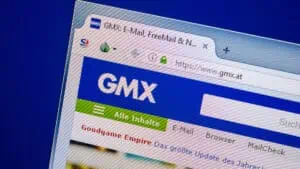Following criticism, Microsoft is introducing further restrictions for the Windows search function “Recall”, which is supposed to save screen recordings every few seconds. Among other things, “Recall” will not record passwords and credit card numbers, the Windows company announced.
Information from websites with health and financial data is also to be filtered out. This is Microsoft’ s response to one of the main criticisms of the function.
According to Microsoft, “Recall” should make it easier to find information on a PC. Software with artificial intelligence analyzes what can be seen on the many screenshots and creates a directory. This should help, for example, if you can no longer remember the name of a travel website you visited, but still remember that palm trees and a beach were there. You should then be able to find the page again by searching for “palm trees and beach”.
Acute data protection concerns
However, some AI security researchers warned of a data protection disaster after the announcement of “Recall” in May. They came to the conclusion that cyber attackers could also access the lists under certain circumstances. In response, Microsoft announced better protection of the “Recall” data. In addition, the feature will no longer be switched on by default when setting up the PC; users will have to activate it themselves first. The introduction of the function planned for mid-June has been postponed for further improvements.
To give users more control over the information stored by “Recall”, it will be possible to delete screenshots individually or in bundles, for example by specific websites or time periods.
In mid-June, Microsoft and manufacturers of Windows computers launched a new PC category on the market that is intended to be more tailored to use with artificial intelligence. The device class is called “Copilot+PC”, in reference to Microsoft’s AI assistant called “Copilot”.
dpa












